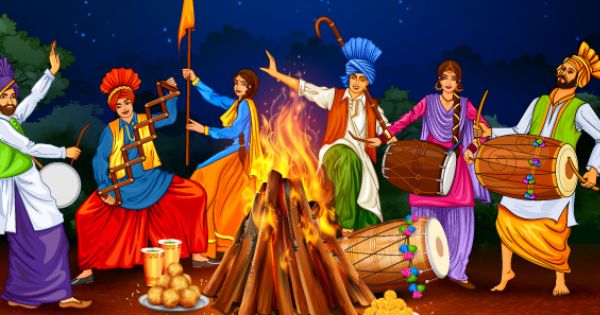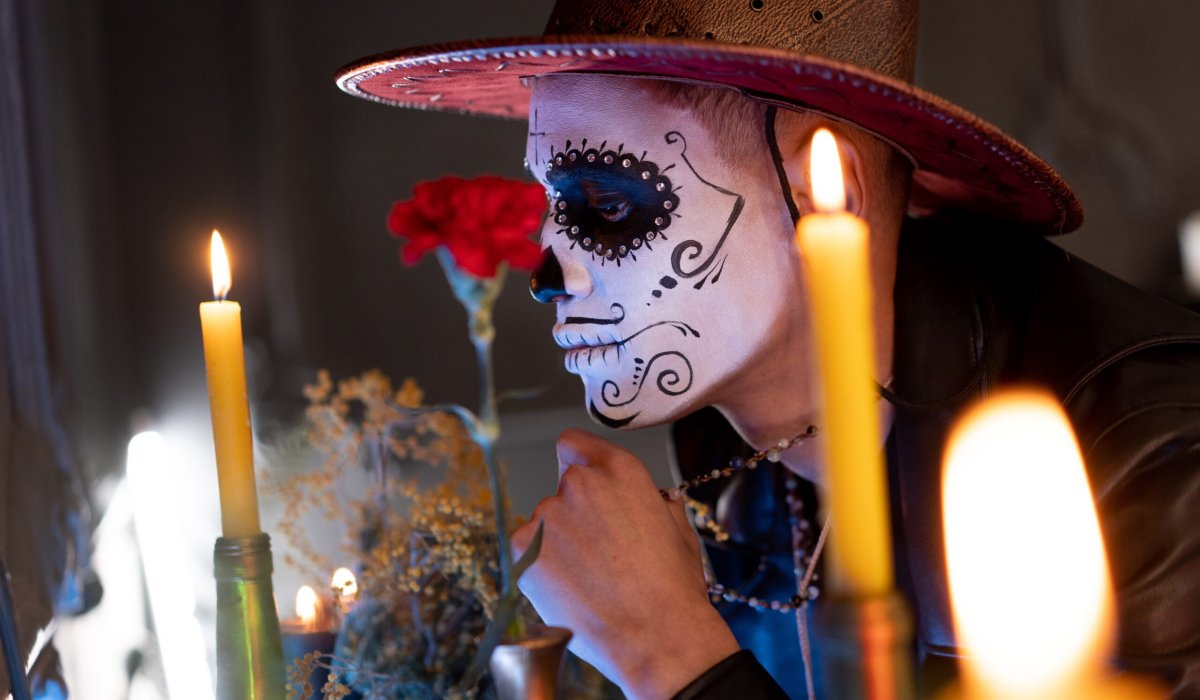Celebrations around the world: Lailat al Miraj, 28th February

TLS delves deeper into the festivals and events celebrated by different cultures around the world. This month we look at Lailat al Miraj on 28th February.
What: Lailat al Miraj is one of Islam’s most important dates, as it marks the Prophet Mohammed’s ascension into heaven.
Where: It is celebrated by Muslims across the world, both in mosques and family homes.
Why: The story of Lailat al Miraj begins in Mecca, where the Prophet was visited by two archangels. The angels gave the Prophet a winged animal called a Buraq, which he then rode from Mecca to the ‘farthest mosque’, Al Aqsa in Jerusalem. The Prophet ascended to heaven where he met all the previous prophets and joined them in prayer. Eventually he met God, who passed down the special instructions for Muslims to pray five times daily, known as ‘Salat’.
How: Celebrations are held in mosques or at home, where people make special additions to their night-time prayers. Parents also recite the story to their children.
Are you celebrating Leilat al Miraj? Please get in touch and tell us all about it! Email nicole.kershaw@newham.gov.uk
Keep up to date with all our latest news here and on social media – we are on Facebook, Twitter and LinkedIn.
Celebrations around the world: Lohri, 13th January

TLS delves deeper into the festivals and events celebrated by different cultures around the world. This month we look at Lohri, which takes place on 13th January..
What: Lohri is a celebration honouring Agni, the god of fire, which marks the winter solstice and gives thanks for the harvest, which is just beginning to come to fruition in January. Festivities take place during the month of Paush or Magh, so the date is not fixed in the Gregorian (western) calendar and changes each year.
Where: Lohri is celebrated mainly in the Punjab and Haryana regions of India, however the Indian diaspora hold celebrations across the world.
Why: As well as giving thanks for the harvest, Lohri celebrations often also refence a folk hero. In 16th century Punjab, there was a Rajput peasant called Dulla Bhattiwala. He came from a long line of rebels against Mughal rule and was similarly inclined. Bhattiwala would save girls who had been sold into slavery, often marrying them off and paying the dowry himself. He is sometimes called the Robin Hood of Punjab! His name is celebrated in a traditional Punjabi song that is performed during Lohri.
How: The centre of Lohri celebrations is the bonfire, around which people dance and sing special songs. Families exchange gifts and sweets, and eat makki ki roti (corn based roti) and sarson ka saag (spinach, mustard leaves and fenugreek cooked together).
Are you celebrating Lohri? Please get in touch and tell us all about it by emailing nicole.kershaw@newham.gov.uk.
Keep up to date with all our latest news here and on social media – we are on Facebook, Twitter and LinkedIn.
Celebrations around the world: Diwali, 2nd - 6th November

Diwali, also known as Deepavali, is celebrated by Hindus, Sikhs and Jains. It takes place over five days, around the beginning of November.
Diwali falls at the beginning of the Hindu new year and celebrates the triumph of light over darkness, both in the sense of the fireworks and diwas that are used to illuminate the joyous occasion and in the metaphorical victory of knowledge over ignorance. Lakshmi, the Hindu goddess of wealth, is honoured during the festival, and celebrations are also linked to the famous legend of lovers Rama and Sita, who were welcomed back from their exile in the forest with a row of diwa lamps.
Each of Diwali’s five days has its own name and is celebrated differently. Dhanteras is for cleaning the home and buying new items for the home. Choti Diwali is when people decorate their homes and create rangoli designs on the floors. The third day, the most important, is Diwali, and this is when homage is paid to Lakshmi, lights are lit, firework displays are held and families get together to eat. Padwa is for husbands and wives to exchange gifts, and the final day of Bhai Duj is for siblings to celebrate their bond.
Are you celebrating Diwali? Please get in touch and tell us how! We would love to hear from you, email nicole.kershaw@newham.gov.uk
Keep up to date with all our latest news here and on social media – we are on Facebook, Twitter and LinkedIn.
Celebrations of the dead around the world

Around the northern hemisphere, many different cultures take part in celebrations of the dead at the point where summer turns to autumn. Among these are: Samhain (Gaelic), Dziady (Slavic), Dia de los Muertos (Day of the Dead)(Mexican), Hop-tu-naa (Isle of Man), Halloween/All Souls Day (European and American), Calan Gaeaf (Welsh).
Pre-Christian cultures in Europe ushered in the dark days of autumn and winter with these festivals, many believing that during this time of transition, spirits could walk the earth. There is still debate about why this coincides with the Christian three-day remembrance of the dead (All Hallow’s/Saints’ Eve, All Hallows’/Saints’ Day, All Souls’ Day), which has even been blended with Mesoamerican culture in the Mexican Dia de los Muertos.
Every celebration varies in its specifics, however most involve fire and light - either used as guides for spirits or as a way to ward them off - offerings to the dead in the form of food and drink, and special prayers. Halloween and Dia de los Muertos have been popularised and have evolved alongside modern life with their own, more recent traditions.
Keep up to date with all our latest news here and on social media – we are on Facebook, Twitter and LinkedIn.





